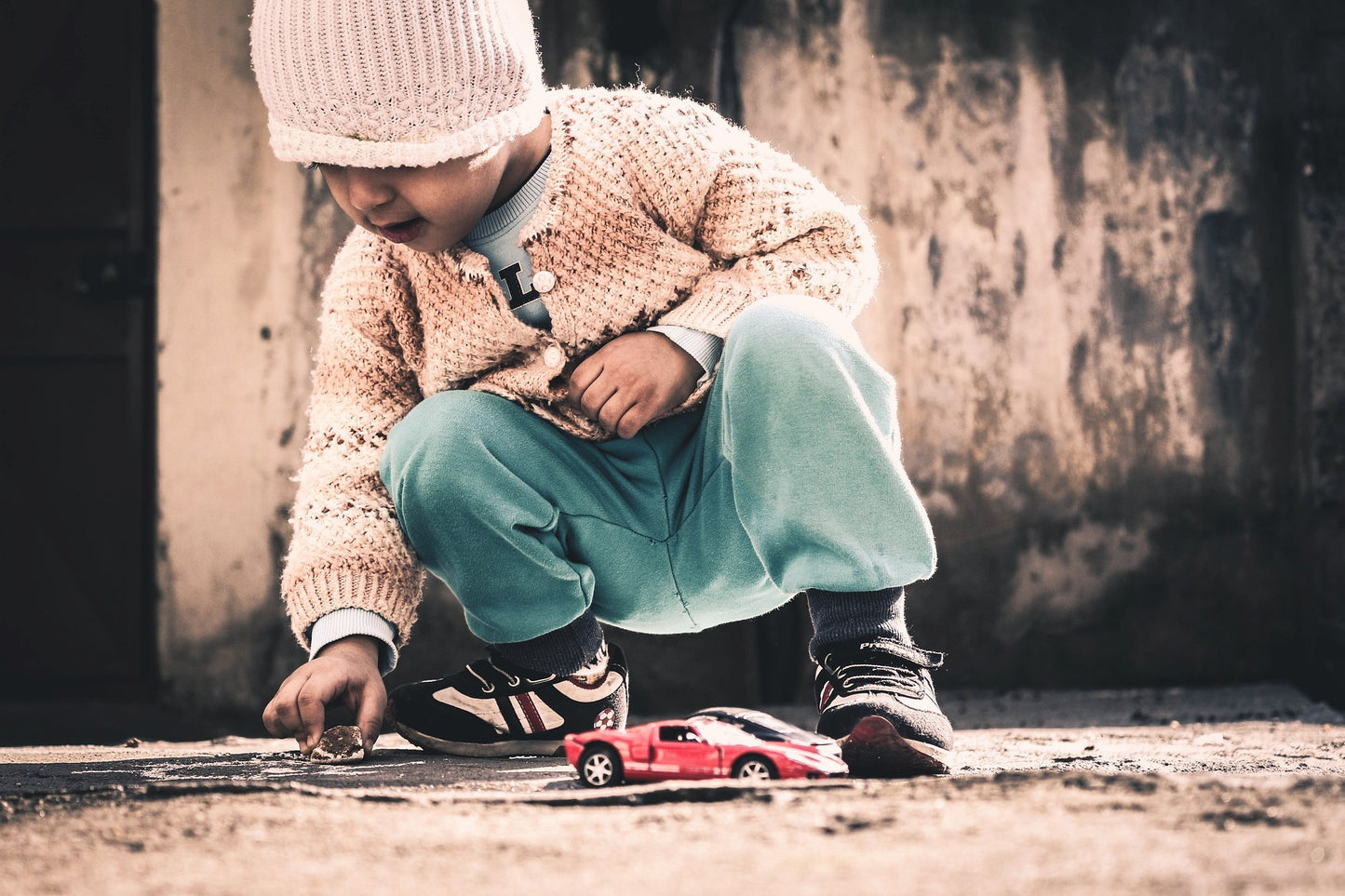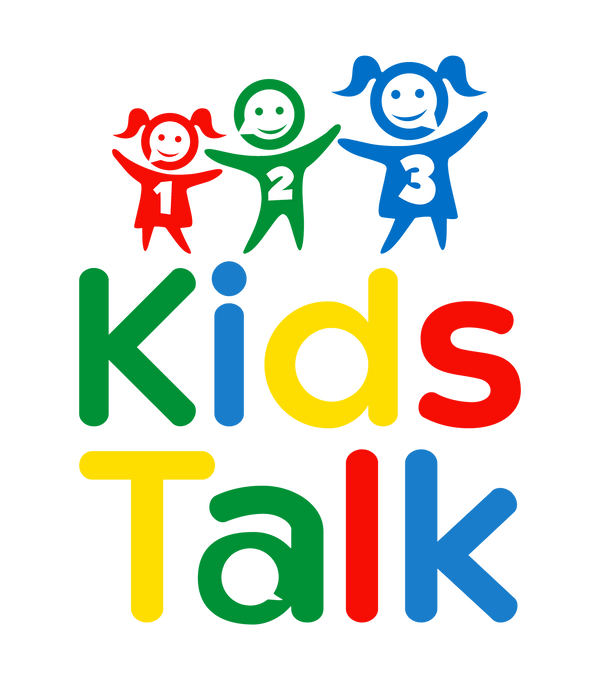123 Kids Talk
Free Trial, Prahran Playgroups, 18-24 months
Free Trial, Prahran Playgroups, 18-24 months
Couldn't load pickup availability
This a Free Trial for one session only.
These playgroups are for parents, grandparents (or caregivers) and their toddlers age 18 to 24 months.
See and Do
Between 18 months and 24 months, your toddler's understanding and use of language will grow at a fast pace so this 10 week playgroup program is designed to support this rapid development and stimulate and boost your toddlers action words.
Mixing, stirring, pouring, washing, cleaning, cooking, hanging, rolling, making, wiping, peel, cut, chop, cook, shake, mix, eat, shopping, that, this, no, in, on, small/smaller, big/bigger, round, square, full, empty, wet, dry, rough, prickly, soft, hard
Plus:
- Names of familiar food items and utensils used for preparing a meal (pots, pans, bowl, oven, etc).
- Names of common items that can be sorted into groups such as food, clothing, toys, vehicles, people, animals and sorted by colour or shape.
- Names of some colours (red, blue, green, yellow).
- Names of the animals, sounds they make, inside/in, outside, behind, under, on/on top, (and other locations they are hiding)
RIME
Each week, we will work with you to apply the principles of RIME to your everyday interactions with your toddler. This will include engaging in playful activities, and engagement with carefully selected books and toys.
Group size: Maximum 10
Address: 22 Cecil Place, Prahran
Parking: 2 hour free parking in Cecil street
Siblings: Please reach out to us if you would like to bring your toddler and a sibling. We can accommodate a couple of extras in each session but we need to know in advance so we can plan.

General information about communication development at this stage:
Language
Children will learn words that are important to them and words they hear over and over in familiar contexts and routines. These are often the names of familiar people, pets, favourite toys, and words associated with daily routines such as mealtime, bedtime, bath time, etc. The most powerful first words a child can learn are those that result in getting/doing something or rejecting/stopping something.
Speech
The most common sounds spoken are ‘da’, ‘ma’, and ‘ba’. Most words will be simplified (not pronounced correctly and with the end of words left off, (e.g. says “poo” for “spoon”) and you will only understand about 50% of what your child says, especially if you don’t know the context.
Target Sounds: “m”, “p”, “b”, “t”, “d”, “n” (easiest for your child to say sounds that are formed at the front of the mouth with the lips and tongue because they can hear and see these when you say them!), e.g. say “more” and place emphasis on the “m” sound at the start of the word by prolonging the 'm' sound and saying it louder (e.g. say ‘ mmm ore”). Make sure your child is watching your face. Encourage your child to imitate and reward any attempts your child makes to say the word, even if they are not quite correct.
Social communication
Don’t forget to praise all attempts at communication, including gestures, noises, facial expressions and any other ways your child tries to communicate with you. Studies show that children will use gestures and hand signs a few months earlier than spoken words. This is how your child learns about the social aspects of communication such as turn-taking as well as working out the meaning and structure of language.
Shared Book reading
Each week, we introduce books that continue with the weekly themes and reinforce the target words you have practiced during the focused play activities. Read the book often enough so that your child ‘memorises’ the ‘storyline’ and encourage your child to take turns in turning the pages, naming the characters and items on each page and telling you what is going on. Read the book as often as your child wants! It is common with this age group to have one or two favourite books so don't be concerned if your child loses interest quickly in a new book.


